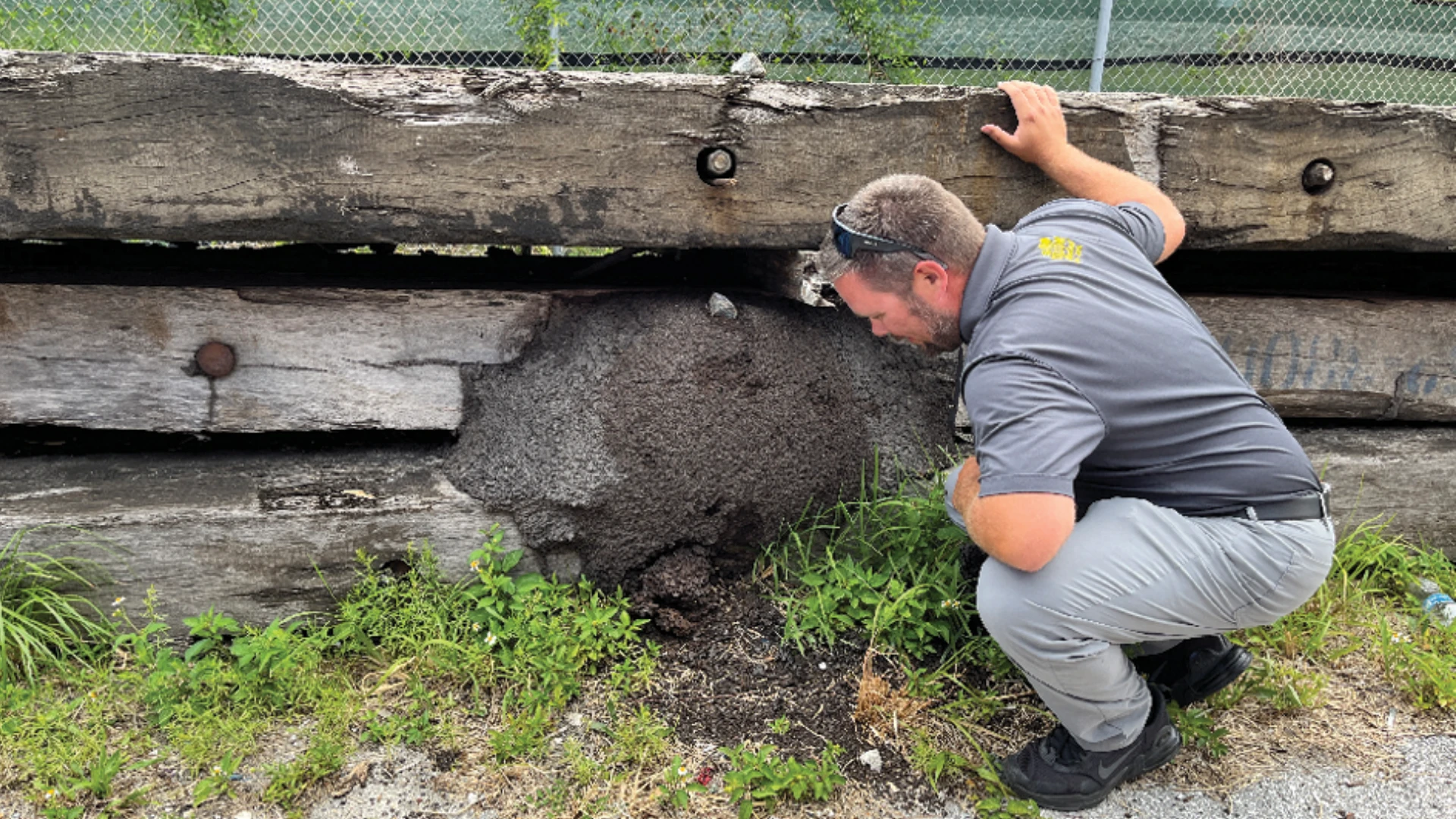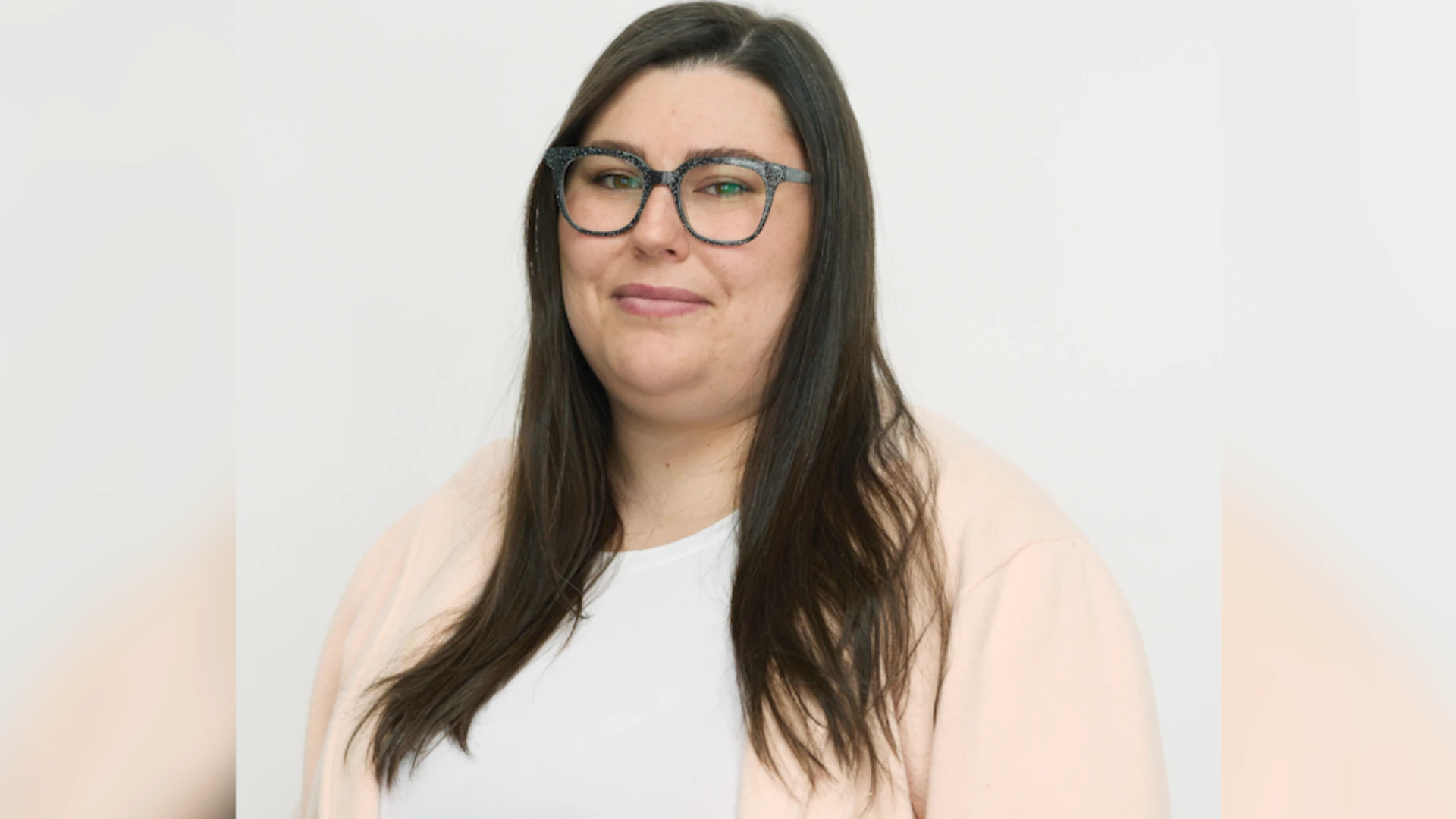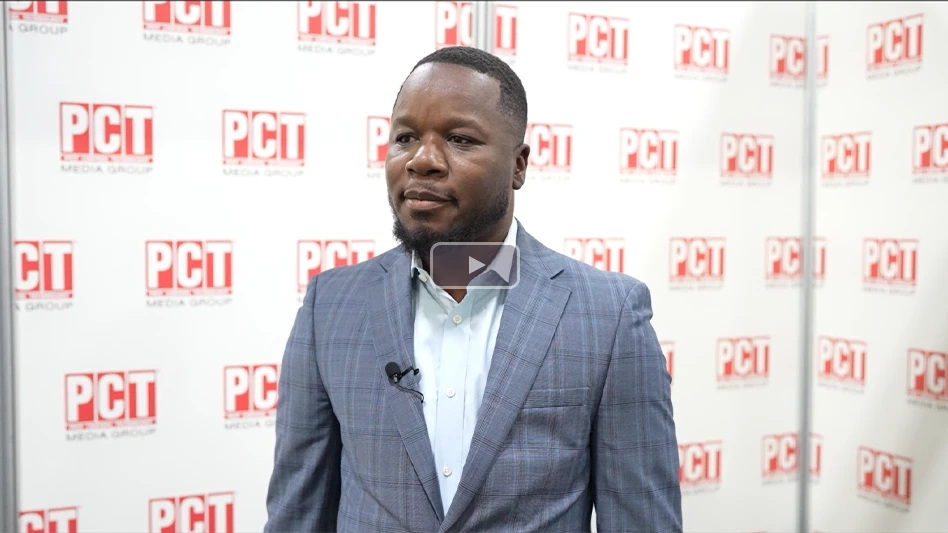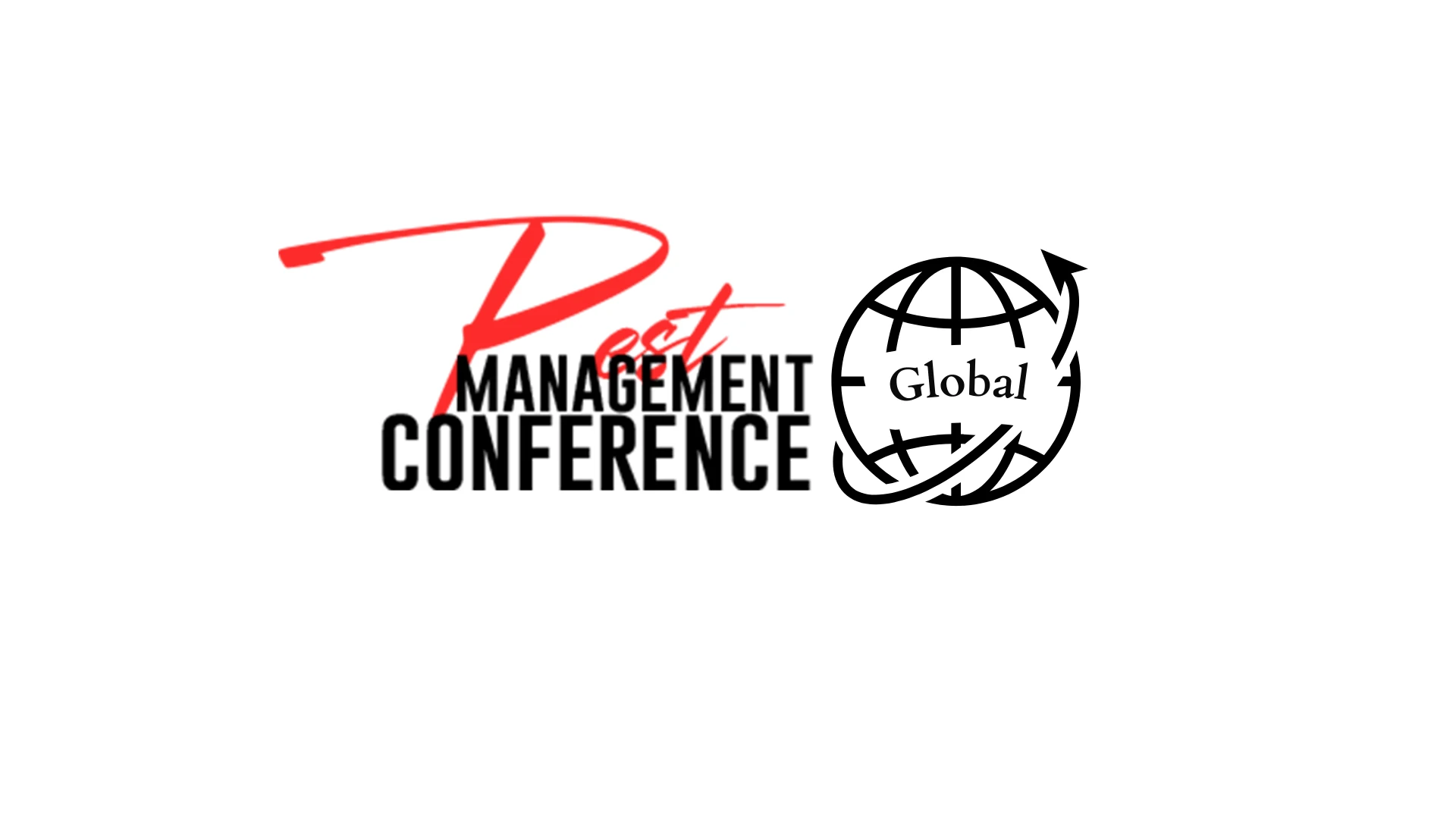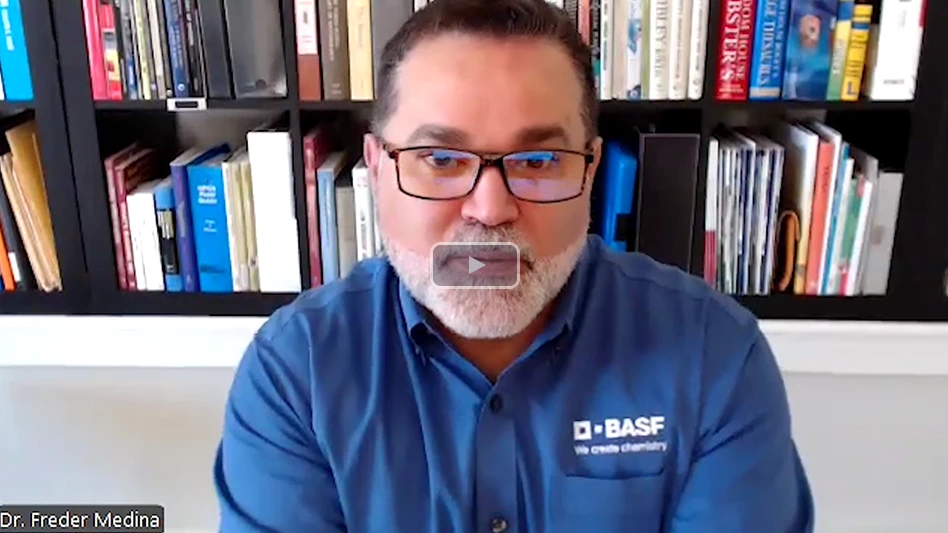News from around the pest control industry.
"FOR PROFESSIONAL USE ONLY" PRODUCTS SOLD AT LOWE'S
Charlotte, N.C. — For the past three to four months, PCOs have been questioning how Lowe’s stores in five Southeast states have been selling products to consumers traditionally sold only to PCOs. Tom Forshaw III, president of Forshaw Distribution, Charlotte, N.C., said his company sold the products to Central Garden & Pet, a manufacturer and supplier of lawn and garden and pet products, but that he had no knowledge the products were going to be sold directly to consumers at Lowe’s.
"We entered into an agreement to help supply Lowe’s and open a few locations in areas where we had salesmen. Lowe’s was going to have (the products) as a professional sales line item in the contract-to-sales area," Forshaw said. "Somehow the word didn’t get to the Lowe’s stores about how to put it, where to do it and how to check for licensing. They opened it to the public."
Repeated calls to Lowe’s from PCT magazine were not returned.
Forshaw said the agreement with Central Garden & Pet was supposed to have been that the products would be sold in a "contractor-only" section of Lowe’s. Then, when the PCO went to the register to purchase product, they would be asked for their license number before they could buy those products. But apparently, that didn’t happen at all of the stores.
"There were supposed to be training classes set up for all of the stores. But somehow all the training classes didn’t get going. All the requests for license checks did not get put into the computer system," Forshaw said. "It wasn’t supposed to be on the counter display but some of the store managers put it right out in front."
Forshaw said he thought he was offering smaller PCOs an opportunity to purchase products that they couldn’t get quickly enough because of the hazardous freight charges incurred while shipping pesticides.
The products were sold in about 100 Lowe’s stores from Virginia to Florida. It appears that only one store — in Charlotte, N.C. — set up the buying process correctly, Forshaw said.
Although it wasn’t illegal for Lowe’s to sell the products directly to consumers, some termiticides were sold that had labels reading "For use by licensed operators." However, that labeling doesn’t make it illegal to sell the product to consumers.
Forshaw sent certified letters in March to Lowe’s asking for the return of the products that were for professional use only (termiticides) and was told by Lowe’s that the company would not return the product. "We’ve got ‘No, you can’t have it back’ from Lowe’s," he said. "Once we sold it there wasn’t anything we could do it get it back."
More than a year in the making, Forshaw said he thought his plan would benefit PCOs, not upset them. "We thought we opened 100 locations for the professional pest control marketplace," he said. But what happened instead was that PCOs went into Lowe’s, saw "professional-use only" products and starting calling distributors, manufacturers and even regulatory officials.
Forshaw said that North Carolina state regulatory officials made their first inspection at a Lowe’s store because of complaints by PCOs there. The state officials went to Lowe’s, found the products on the shelves for sale and wrote letters to the manufacturers whose products were on sale there. But legally, there weren’t any laws that were broken and writing letters was all the state officials could do, Forshaw said.
Forshaw said his company’s focus continues to be on the professional PCO. He also said he plans to continue to work with Lowe’s if the proper purchasing measures are in place.
"I’m committed to the professional pest control marketplace. That’s what my whole organization was built for — not the consumer sales. I will not continue selling to people who don’t do things the way they’re supposed to be done," Forshaw said. "If Lowe’s can show me it can handle the product 99.9 percent of the time, I will work with them. That’s what they’ve got to show me."
TERMINIX PURCHASES DENVER-BASED ABASH
Denver — Terminix International has purchased Abash Inc., a Denver-based pest control company. Abash, one of the largest pest management firms in the West, has 106 employees and offices in Denver, Colorado Springs, Loveland, Colo., Austin and San Antonio, Texas.
Terminix purchased the company for about $6.5 million through a stock purchase, according to Abash owner Richard Johnston. The sale was finalized March 31.
Johnston will stay on with Abash for at least 90 days, he says.
This purchase is the latest move in a recent wave of industry consolidation. In October, Orkin announced it had purchased Redd Pest Control, a $14 million, Jackson, Miss.-based company.
In addition to the Abash purchase, Terminix also recently acquired Powell Pest & Termite, Cincinnati, and made news last year by purchasing Jamison Pest Control, Memphis, Tenn.
MAXFORCE RELAUNCHES HYDRAMETHYLNON PRODUCT LINE
Oakland, Calif. — Maxforce Professional Insect Control relaunched its hydramethylnon products for the structural pest control marketplace on March 1, according to Greg Temple, general manager of Maxforce Products.
All previous hydramethylnon-based products are now available to pest control operators across the United States including Maxforce Small Roach Bait Stations, Maxforce Roach Killer Bait Gel Starter Kit (includes bait injector), Maxforce Roach Killer Bait Gel in both 60-gram and 30-gram sizes and Maxforce Ant Killer Bait Stations.
Maxforce decided to bring back all hydramethylnon-based products after learning that some PCOs reported roach control issues with the Maxforce FC products. "Although the majority of PCOs have no issues with the FC products, we decided to make these products available until we feel the FC formulation issues are fully resolved," Temple said. Reportedly, the solvent selected to hold fipronil in solution has created a degree of repellency for roaches in isolated areas and Maxforce is working on upgrading its FC products to solve these issues. All FC products continue to be available for purchase.
"The industry has been very receptive to the rerelease of hydra-methylnon," said Gordon Morrison, Clorox national sales and marketing manager. "And the distributors have been wonderful."
"By relaunching hydramethylnon, we now have a complete baiting system for pest management professionals — a system of bait stations, gels and granular products with two active ingredients, all providing the unique Maxforce Domino Effect,TM" Temple said.
For more information, contact B&W Sales at 800/843-6334.
BASF AG PURCHASES AMERICAN CYANAMID
Madison, N.J., and Ludwigshafen, Germany — Another major deal in the highly competitive and rapidly consolidating agrochemical industry was announced as German chemical giant BASF AG purchased American Cyanamid, the agricultural division of drug company American Home Products (AHP), Madison, N.J.
BASF — Europe’s largest chemical manufacturer — will pay AHP $3.8 billion in cash and will assume some debt. The sale caps a six-week auction of the business, according to The Wall Street Journal, that included Bayer, Dow Chemical and DuPont. AHP originally wanted $3 billion for American Cyanamid, according to the report. In the end, BASF outbid the competing companies and has now joined agrochemical world leaders AstraZeneca, Novartis and Aventis in the continuing industry consolidation trend.
With the American Cyanamid acquisition, BASF claims it is now the fourth-largest agrochemicals group behind Syngenta, Aventis Crop Science and Monsanto. Syngenta is the agri-business created by the December 1999 merger of Novartis’ Crop Protection and Seeds business and AstraZeneca’s Zeneca Agrochemicals business.
About two weeks after BASF made public its plans to purchase American Cyanamid, American Cyanamid sold its consumer lawn and garden product line (including Amdro and Image) to Central Garden & Pet Company, Lafayette, Calif., a manufacturer and supplier of consumer lawn and garden and pet products.
AmCy will continue to sell its professional products, AmdroPro and Siege, to the professional markets.
Insiders report that American Cyanamid’s sale was driven by sagging performance in the company’s agricultural products group as a whole. AHP has been looking to sell this portion of its business for some time.
According to a news release, AHP officially put the division up for sale after its failed merger attempt with Warner-Lambert Co., which is being acquired by Pfizer. But pesticide industry experts say American Cyanamid was available for some time.
"The sale of Cyanamid reflects AHP’s strategy to focus on pharmaceutical, biopharmaceutical, consumer health care and animal health products businesses," said John Stafford, the chairman, president and CEO of AHP. But, according to Gary Curl, business director for turf, ornamental and pest control products for American Cyanamid, "this acquisition is not a decision that has been pushed forward by Cyanamid management."
BASF’s acquisition of Cyanamid is scheduled to be completed by July 1, pending approval from anti-trust authorities. Nineteen transition teams were named in late March, Curl said, and future employment and company decisions will move ahead as these teams continue to meet.
Company officials said the purchase would double BASF’s annual sales in crop protection, which totaled $1.9 billion in 1999. BASF’s and Cyanamid’s crop protection businesses combined in 1999 for pro forma sales of $3.6 billion and income of $450 million.
"Approximately $250 million in annual synergy effects are expected to be generated by the transaction, with approximately half of the benefits to be achieved in the first full year after the acquisition," according to BASF.
"From a production point of view the two businesses fit well together. BASF is strong in herbicides and fungicides, AHP in insecticides," Merck Finck analyst Michael Butscher stated in a Reuters news release.
Some analysts questioned the high price BASF paid for American Cyanamid and worried about the assumption of debt, but other analysts said the deal is positive because it bolsters BASF’s position as one of the world’s top agrochemical producers.
"BASF is buying American Cyanamid at a time when the agricultural economy is down in a trough," Curl said. "But we’re expecting that in the next few years as the farm economy rebounds, this will look like a very smart deal."
D-I-Y TERMINATE BAIT REGISTERED IN LOUISIANA
St. Louis — Spectracide Terminate, a do-it-yourself termite bait, has received Environmental Protection Agency registration in Louisiana, according to United Industries Corporation, manufacturer of the product.
The termite bait, launched last year and investigated by the Federal Trade Commission for deceptive advertising claims (see PCT, April 1999, pg. 18) is now available to homeowners in Louisiana, a state where termites caused $300 million damage each year. According to United Industries, Terminate broke single store sales records when it hit the shelves on March 21.
The product is available through do-it-yourself stores such as Home Depot and Lowe’s.
ZOeCON LAUNCHES NEW WEBSITE
Bensenville, Ill. — Zoecon has launched a solutions-based pest website, www.zoeconsolutions.com, that provides PCOs with customized IPM plans for sensitive accounts. Site highlights include guidelines for evaluating pest management approaches for sensitive areas, an interactive worksheet and explanations of pest control plans that they can give to their customers.
Using Zoecon’s knowledge base, PCOs are able to derive customized pest control strategies for challenging, sensitive areas such as schools and day care centers; hospitals and nursing homes; animal care facilities and zoos; food processing plants; and transportation vehicles such as cruise ships, airplanes and trains.
AVENTIS AWARDS NEW VOLKSWAGEN BEETLE
Montvale, N.J. — Jerry Zapf, owner of Sure Thing Pest Control, Cincinnati, has found a bug he can live with — a brand new 2000 Volkswagen Beetle. Zapf won a year’s lease to the vehicle in March as part of a sweepstakes promotion from Aventis Environmental Science.
The DeltaGard Win-A-Bug sweepstakes was launched at Pest Management ‘99 last October to promote the benefits of the low-dose DeltaGard product line.
Zapf, a 15-year veteran of the pest control industry, was notified by phone earlier this year and recently picked up the Volkswagen from Peter Anderson, an Aventis sales representative. "That phone call came as a complete, but welcome, surprise," Zapf said. "I told Aventis that they made my year, and later that day, I called back to tell them that they made my millennium."
CORRECTION
The wrong telephone number for Interview Technologies International appeared in February PCT. The correct number is 608/249-3900. PCT regrets the error.

Explore the May 2000 Issue
Check out more from this issue and find your next story to read.
Latest from Pest Control Technology
- The Evolving World of Electronic Rodent Monitoring
- Back-to-basics Approach for Cockroach Control
- PPMA Encourages PMPs to Take Part in Termite Awareness Week
- Moneypenny is a Provider of Virtual Receptionists
- Video: Top 10 PCT Photo Contest Finalists
- Massey Services Expands with Southeast Commercial Region
- Pest Management Foundation Announces Kevin J. Burns Scholarship
- How to Identify Clover Mites
